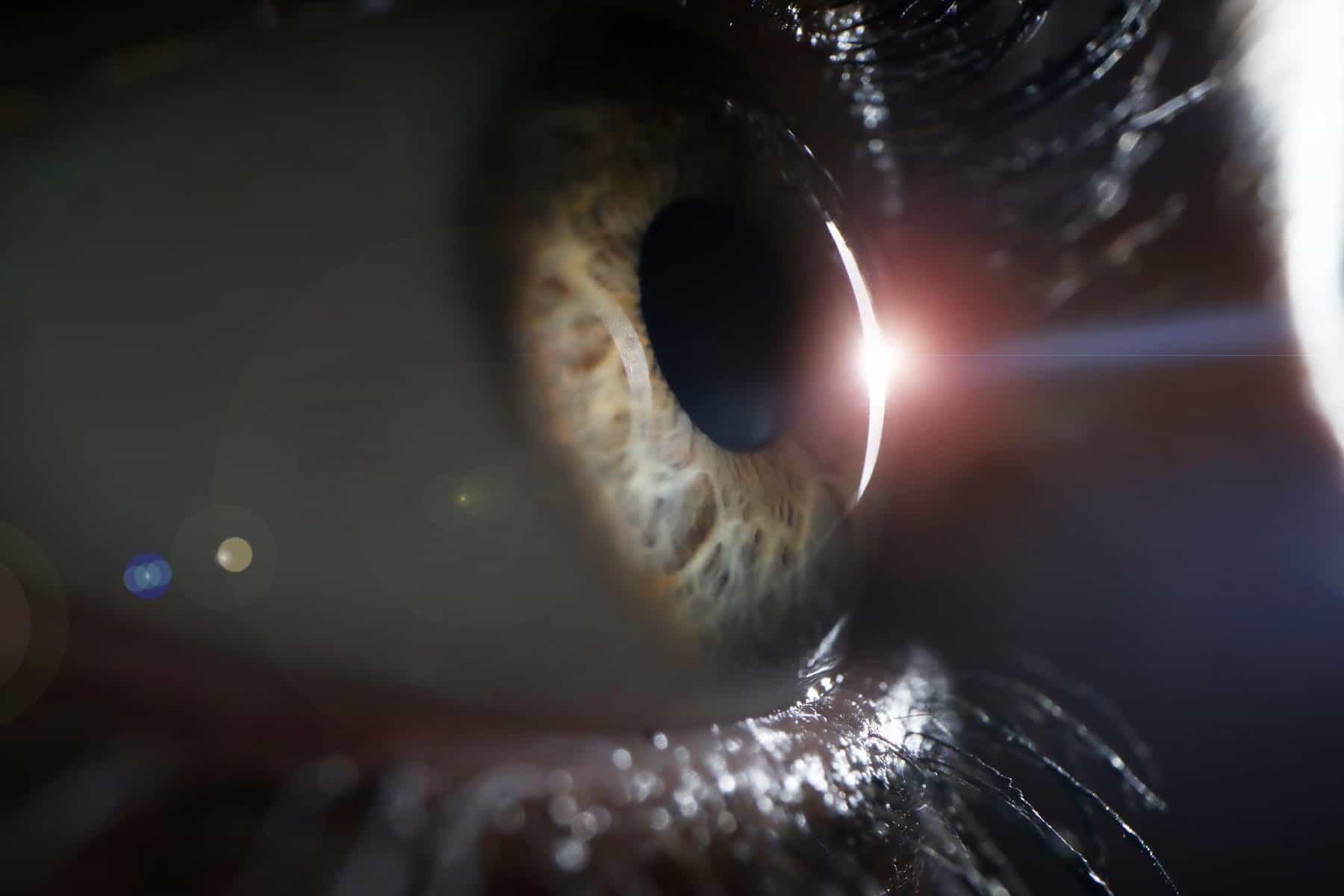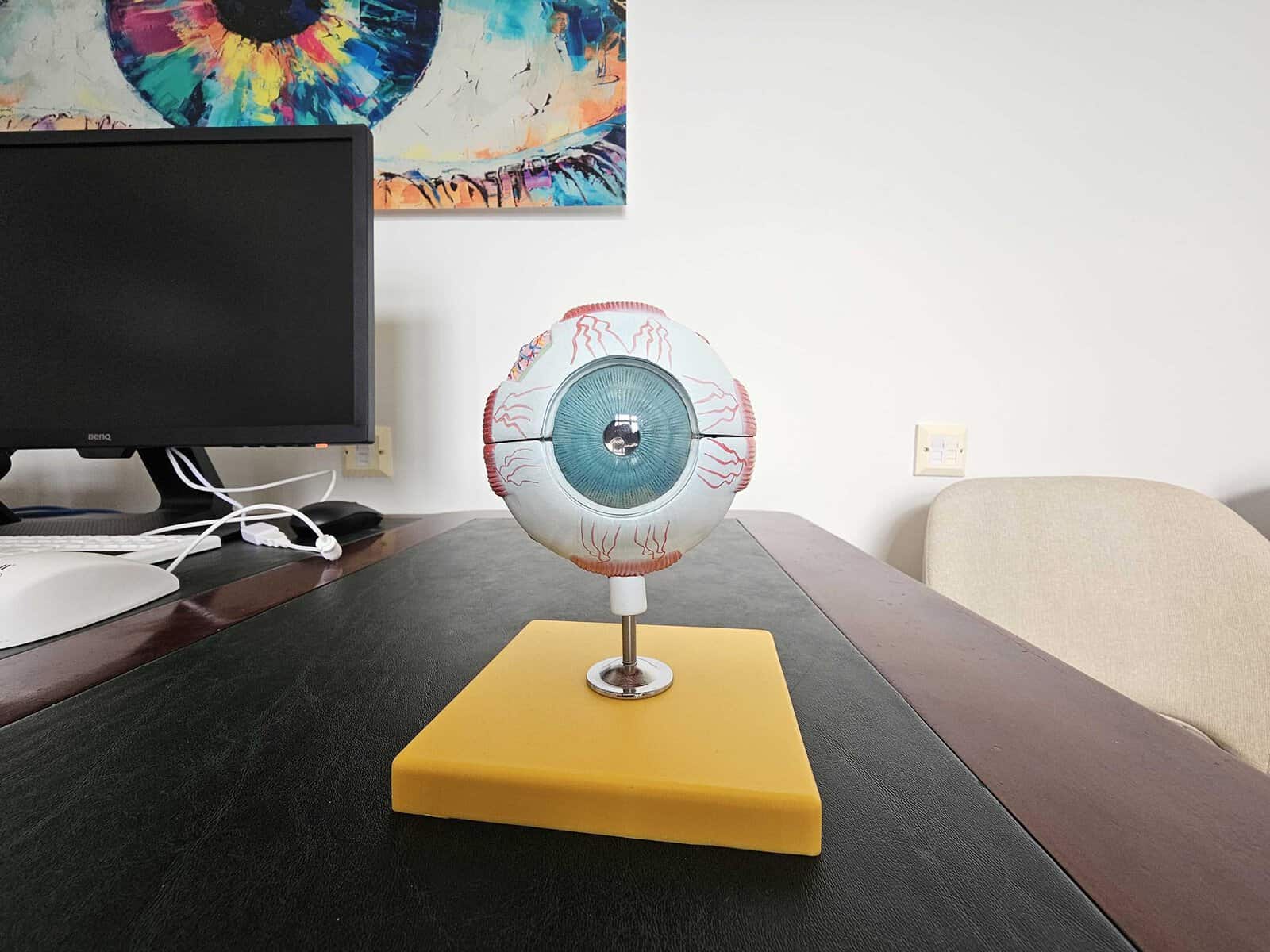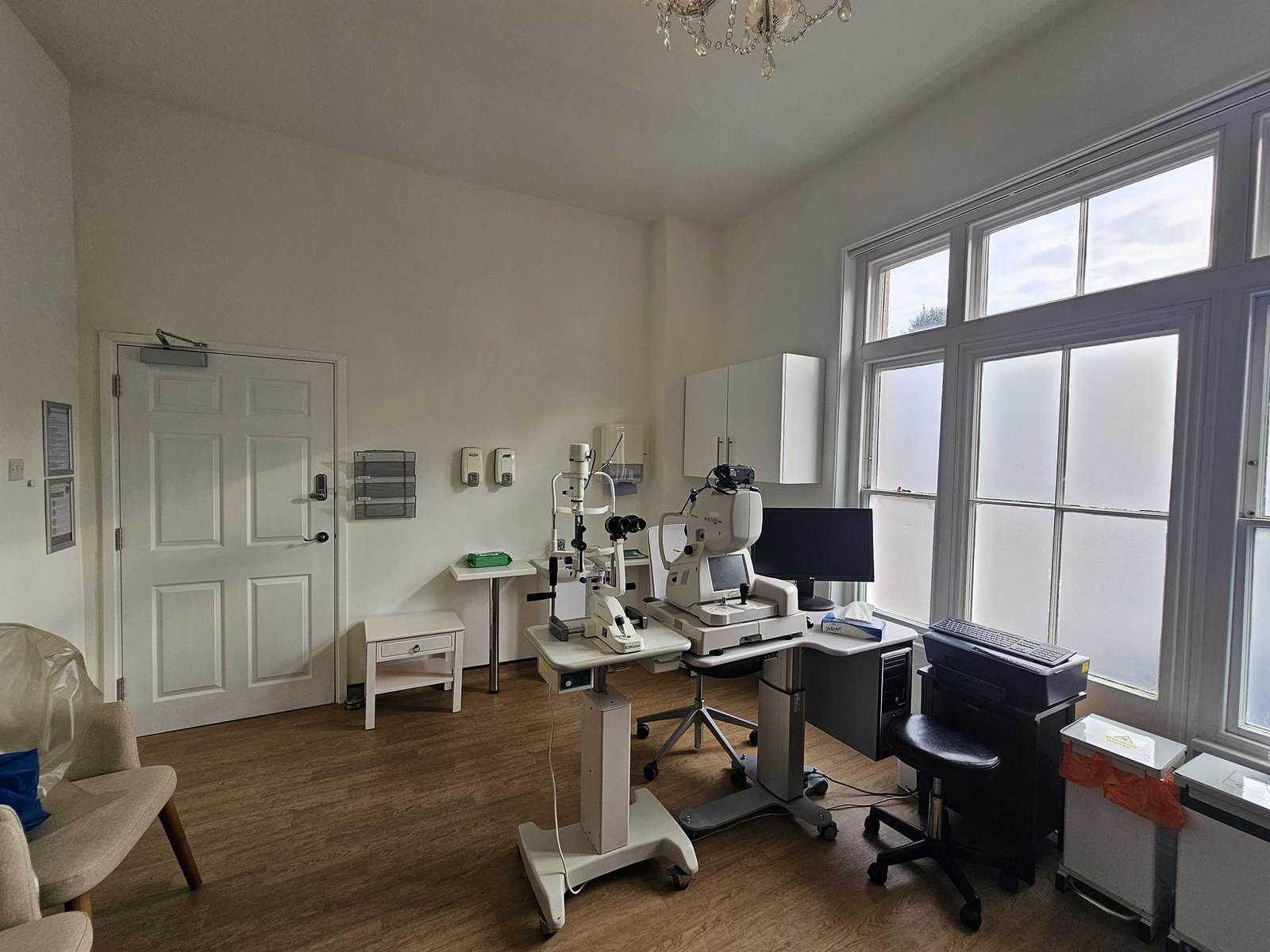Retinoschisis
Retinoschisis is a condition that affects the retina, leading to vision issues. Submit an enquiry for a consultation at The Forbury Clinic to explore your treatment options and protect your vision.

Overview
Retinoschisis is a condition characterised by the splitting of the retina’s layers, leading to visual impairment. It can affect both children and adults, with varying degrees of severity. Early detection and treatment are crucial to managing the condition and preventing further vision loss. At The Forbury Clinic, we specialise in providing comprehensive care for retinoschisis, utilising the latest technology and treatments to ensure the best outcomes for our patients. Addressing retinoschisis promptly is vital for maintaining optimal eye health and quality of life. Contact us today to schedule a consultation and receive a personalised treatment plan.


What is Retinoschisis?
Retinoschisis is an eye condition where the retina, the light-sensitive tissue at the back of the eye, splits into two layers. This split can cause vision problems, such as blurred or distorted vision, and in some cases, can lead to retinal detachment. There are two main types of retinoschisis: juvenile and senile. Juvenile retinoschisis typically affects young males and is often linked to genetic factors. Senile retinoschisis, on the other hand, occurs in older adults as part of the aging process. Common symptoms include difficulty seeing in dim light, a decrease in peripheral vision, and in advanced cases, central vision loss.
Causes and Risk Factors
Retinoschisis can be caused by several factors, including genetic mutations and aging. The juvenile form of retinoschisis is often inherited and caused by mutations in the RS1 gene, which affects retinal cell adhesion. Senile retinoschisis is usually associated with age-related changes in the retina. Other risk factors include:
Family history of retinoschisis
Male gender (for juvenile retinoschisis)
Aging (for senile retinoschisis)
Certain genetic conditions
Diagnosis
Diagnosing retinoschisis involves a thorough eye examination conducted by an eye specialist. The diagnosis process includes:
- Visual acuity test: to measure the clarity of vision
- Fundus examination: using an ophthalmoscope to examine the retina
- Optical coherence tomography (OCT): to obtain detailed images of the retina’s layers and detect any splitting

Treatment Options
Treatment for retinoschisis depends on the severity and type of the condition. At The Forbury Clinic, we offer a range of treatments, including:
Observation:
For mild cases without significant vision impairment, regular monitoring may be recommended.
Laser therapy:
To create small burns around the affected area, preventing the progression of the split.
Cryotherapy:
Using extreme cold to seal the edges of the split retina.
Vitrectomy:
A surgical procedure to remove the vitreous gel and repair the retina, often used in severe cases or when there is a risk of retinal detachment.
Innovative treatments:
The Forbury Clinic is at the forefront of offering cutting-edge treatments and participating in clinical trials to provide the best possible care for our patients.
Managing Retinoschisis
Managing retinoschisis involves lifestyle changes and ongoing care to maintain eye health. Patients are advised to:
Regular eye check-ups:
Schedule regular visits to monitor the condition.
Protect eyes from trauma:
Wear protective eyewear to avoid injuries that could worsen the condition.
Maintain overall health:
Control other health conditions like diabetes and hypertension, which can affect eye health.
Complications and Prognosis
If left untreated, retinoschisis can lead to complications such as retinal detachment, which may result in severe vision loss. However, with appropriate treatment and management, many patients can maintain good vision and prevent further deterioration. The prognosis for individuals with retinoschisis is generally positive when the condition is diagnosed early and treated promptly.


Why Choose The Forbury Clinic?
The Forbury Clinic offers specialised care for retinoschisis, with a focus on early detection and advanced treatment options. Our expert staff utilises cutting-edge technology to provide accurate diagnoses and effective treatments. We are dedicated to delivering patient-centered care, ensuring each patient receives personalised attention and the best possible outcomes. Choose The Forbury Clinic for unparalleled expertise and compassionate care in managing retinoschisis.
